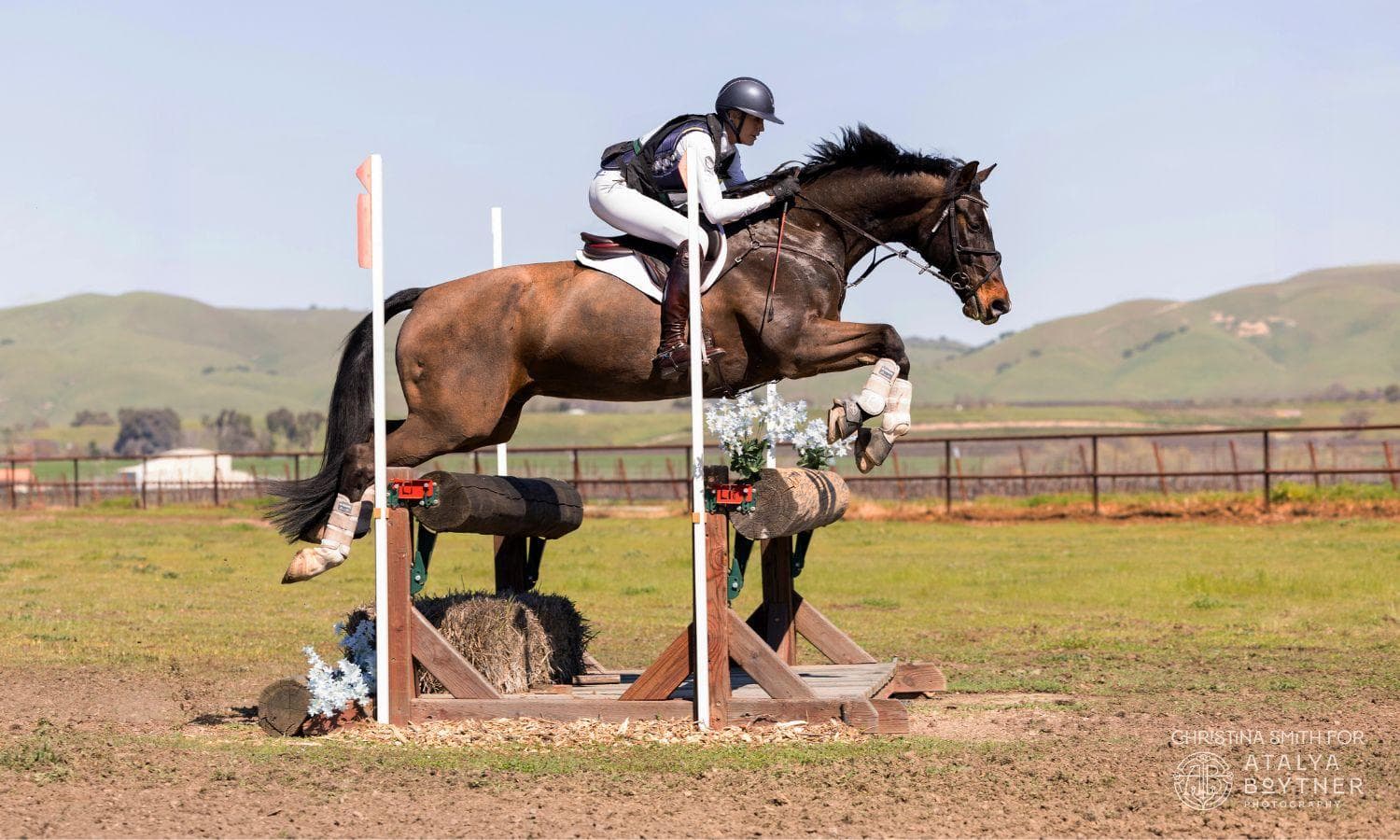Featured Clinician: Karen O'Connor
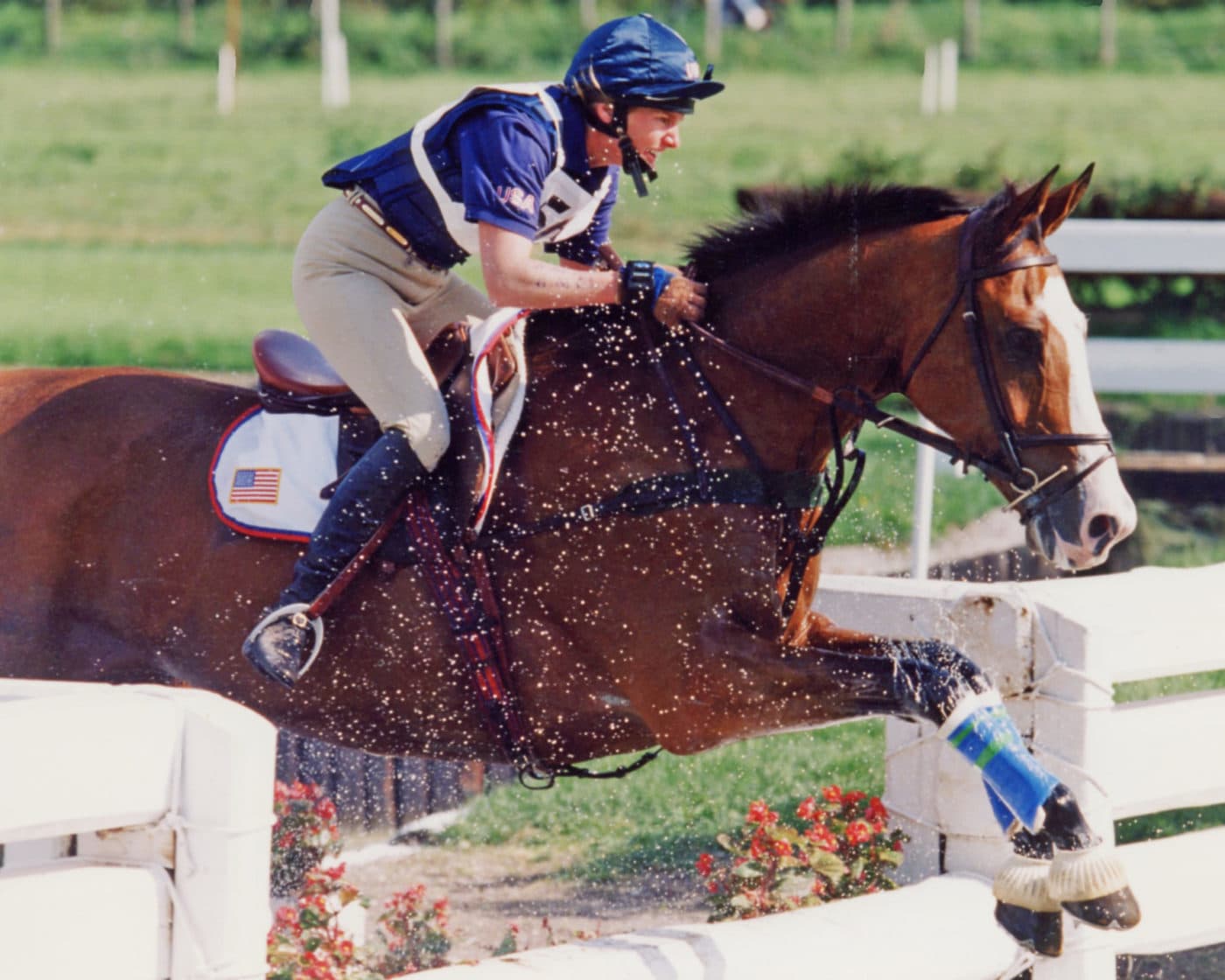
The Featured Clinician article series is provided through a partnership between STRIDER™ and the USEA.
For eventing legend Karen O’ Connor, the horses always come first.
“The biggest educator of my career has been the horse itself. I cannot imagine a world without horses or other animals.”
“There have been a lot of people who have influenced my life and career, but my biggest mentor has been the search of the answers myself. I’ve learned through so many instructors, an enormous number of competitions and many, many, many horses.”
With five Olympic Games, three World Equestrian Games, two Pan American Games, a USEA Hall of Fame Induction, and countless other accolades to her name, O’Connor remains a respectful student of horses who is committed to their well-being at all levels of the sport.
“It’s such a humbling industry, you never know it all . . . Every time you throw your leg over the horse you learn something, or at least you can,” O’Connor tells STRIDER during a recent interview.
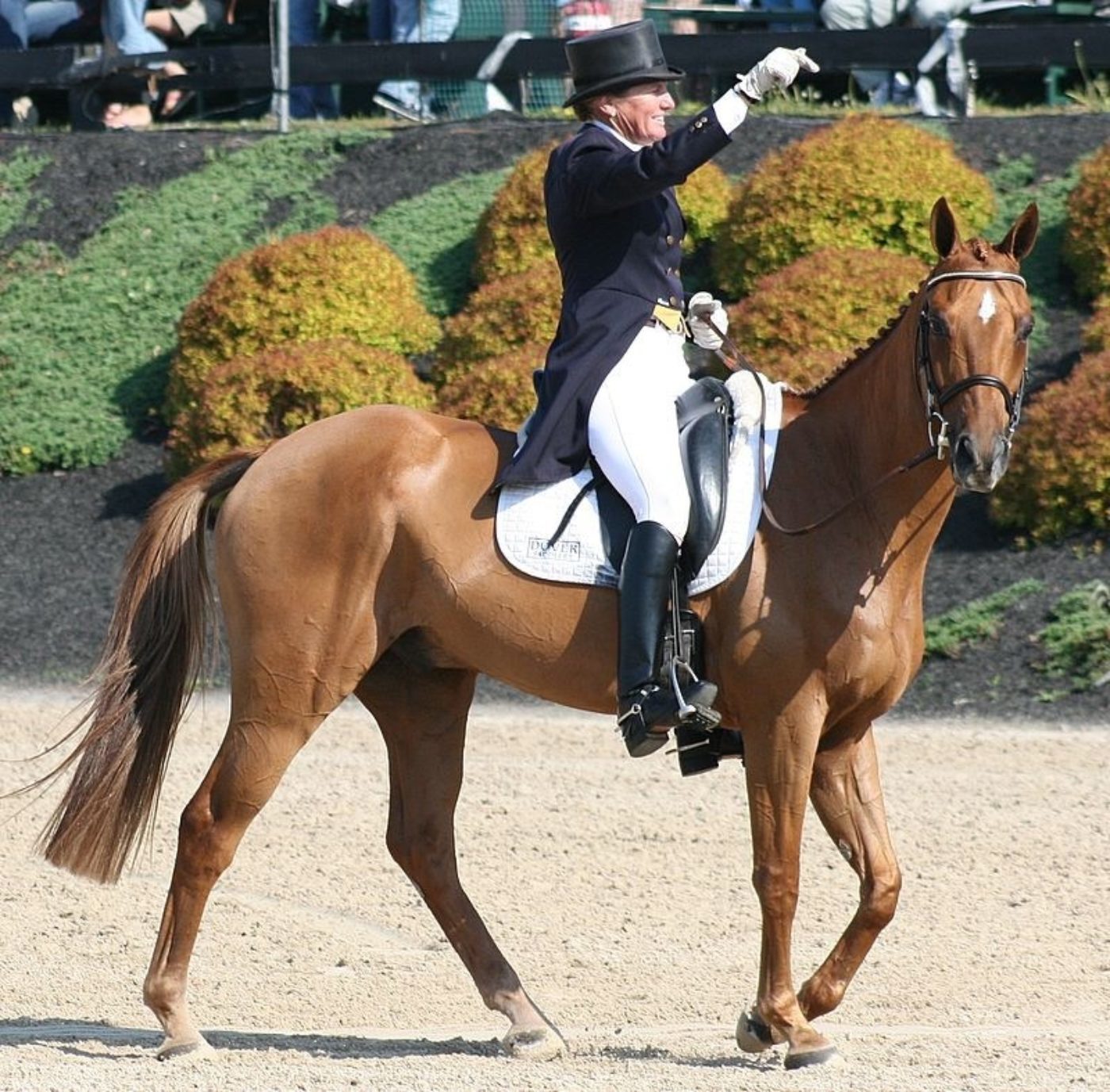
The current team coach for the Mexican Eventing Team, O’Connor is a renowned clinician who instills in her students an understanding of their responsibility to their horses first and foremost. Upon that foundation, riders have a chance to excel safely in the sport.
“The pyramid of education has to be base-wide, not base-narrow . . . You have to be in a position where the foundation of horsemanship is the highest priority. That foundation and a rider’s skillset have to be solid.”
“Riders have a responsibility to their horses to communicate well. There needs to be a clear path of communication between rider and horse, and that has to come from a solid understanding of horse behavior. I like my students to understand how the horse thinks. Not what the horse is doing, but why.”
“It’s not enough to know how to post the trot, how to go into the canter or steer. But knowing the ‘why’ is really important, " O'Connor explains. "One of many examples would be why everyone talks about the hind end. Okay, it’s the engine, but why? Take it back to its very root. It’s the shape of the hind leg - it’s a spring, and the front leg is a post. If a rider understands the anatomy, physiology, and behavior of the horse and why they need to get control of the hind leg, they will understand how to communicate better. To that end, all of the sports start to become very much the same. Whether you’re a western rider on an English rider, from reining to dressage, they become similar. Everyone wants the same thing - control of the hind leg so they can reach the horse’s potential.”
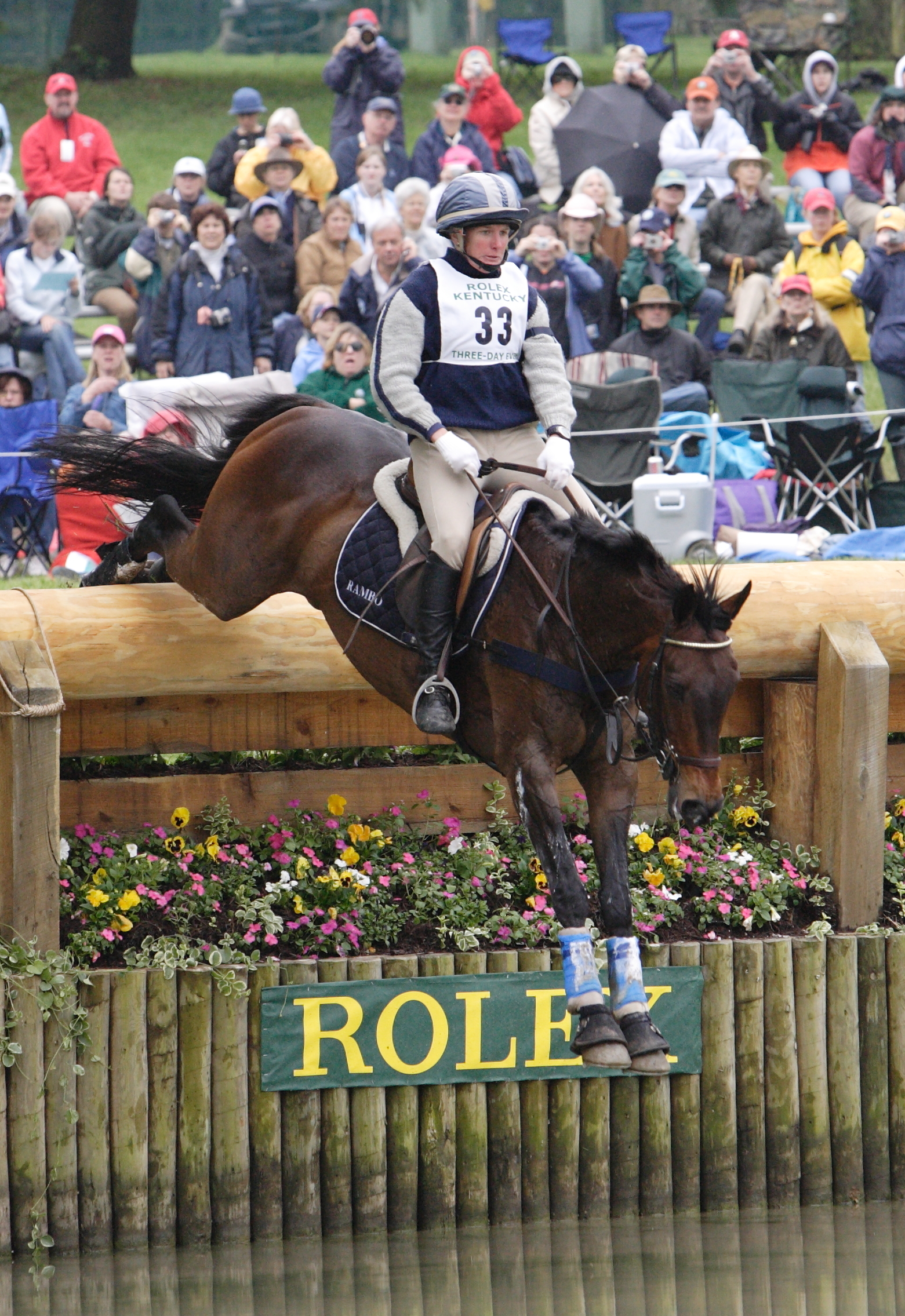
“It’s our job as riders to create a situation that is simplistic to the horses. They like it simple, but it requires a very complex skill set to communicate simply. It requires, amongst other things, a huge amount of body control and a lack of negative emotions.”
O’Connor’s systematic, horses-first approach encompasses a commitment to rider safety. “We have to recognize that we’re in a risky sport, and the cross-country phase is the most dangerous part of what we do. With that goes an inherent desire for me to make sure I teach how to keep horse and rider safe.”
“I always thought: if I keep my horse safe, I’ll be safe as well. I try to be very systematic in teaching cross-country. Of course, there’s a lot of in-the-moment reactions to what you’re feeling from your horse, but prior to that, there needs to be day-to-day repetitious practice of technique.”
“Once you have that technique, you will have a wider variety of horses you can ride, and then within that technique and standard you can tailor your style to give the horse his individuality.”
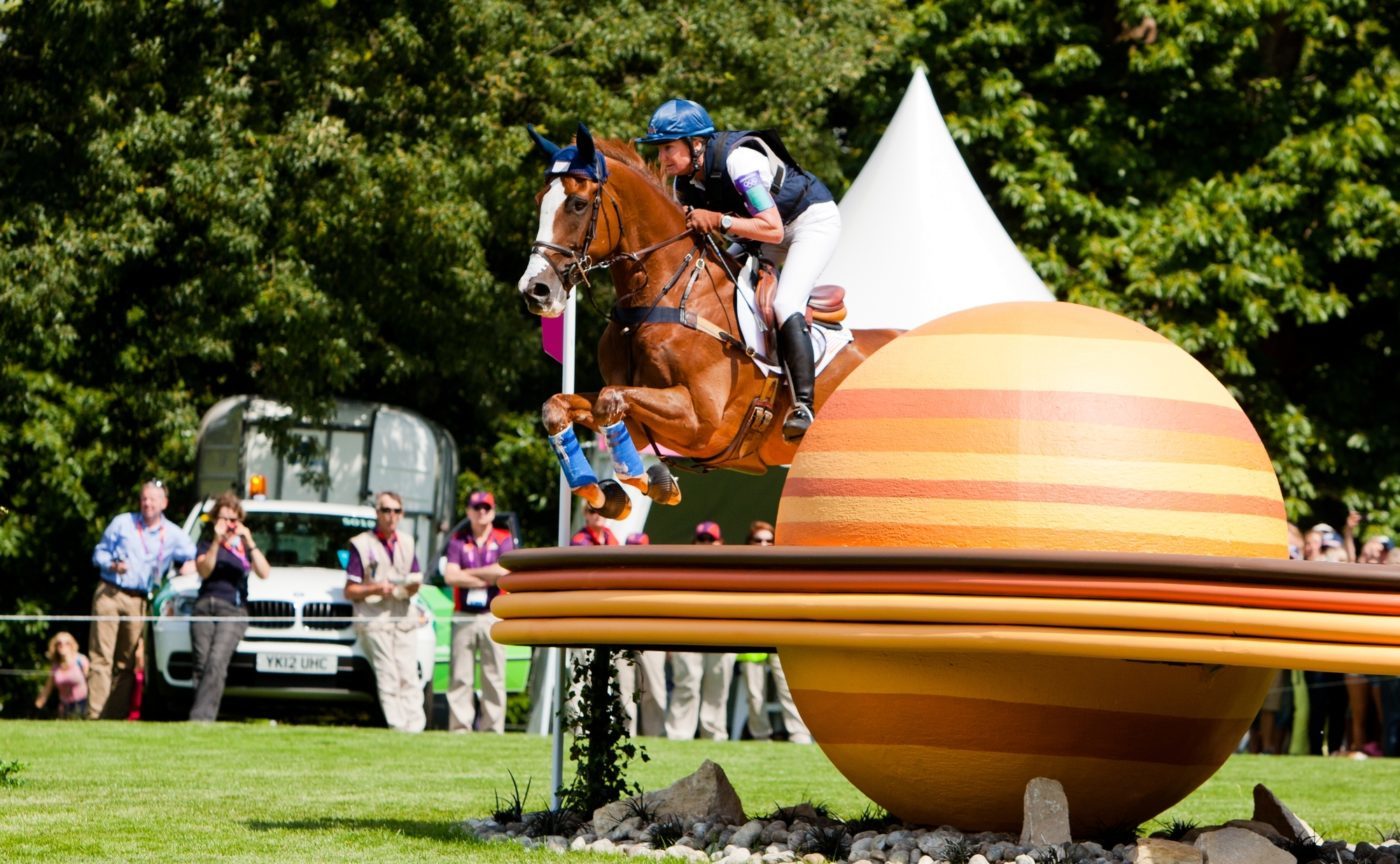
“For everyone that David [O'Connor, my husband] and I teach - whether they’re based with us or even in the small amount of time we have to teach them in a clinic situation - we emphasize that it’s not just about the time in the saddle. It’s really everything, starting with the way you regard the horse.”
“There’s a continuous nature of interactions a rider has with a horse. There’s a commonality between how you work the horse on the ground and expect it to behave in the stable. That translates to how you ride it on the flat, or show jumping, or, eventually, cross-country.”
For young riders, O’Connor says the pursuit of good riding and better horsemanship starts outside of the barn.
“There’s a standard of virtues to try to develop - humility, patience, responsibility, all of that. And the horse has to teach some of that as well.”

Karen O’Connor and David O’Connor are based in The Plains, Virginia and Ocala, Florida, and travel frequently to teach clinics. For opportunities to ride in or audit a clinic with Karen O’Connor, visit STRIDER (www.striderpro.com). For more details on the O’Connor Eventing Team, head to oconnorequestrian.us.


